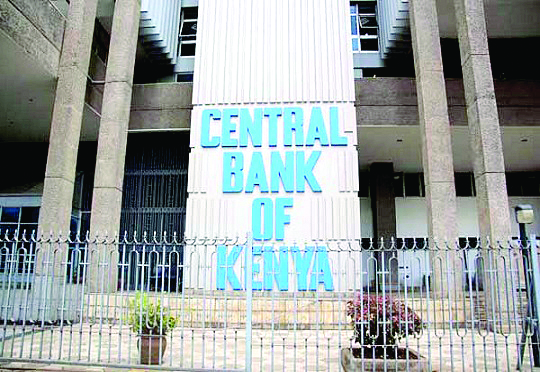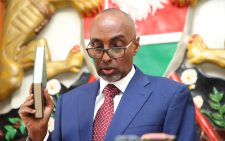CBK move to address gaps in BNPL deals

Kenyans may find themselves grappling with continued higher interest rates and stringent repayment terms for their loans, as it has recently come to light that there exists a legal gap preventing full oversight of Buy Now Pay Later (BNPL) firms by the Central Bank of Kenya.
At a committee session between Central Bank Governor Kamau Thugge and Members of P=arliament, significant regulatory loopholes were exposed, hindering the CBK’s ability to effectively regulate these firms.
Digital credit providers
This revelation arose after the National Assembly Committee on Finance and National Planning sought clarification on the CBK’s role in controlling interest rates charged by BNPL firms lending to Kenyans.
Committee chairman Kuria Kimani highlighted that the current regulations used by the CBK to govern the sector pertain to Digital Credit Providers (DCPs) and do not adequately cover BNPL firms. He emphasized the exploitation of vulnerable groups like boda boda operators due to this regulatory gap.
“We all need to agree that there is a gap because the matter in question does not fall under digital credit channel and that’s why these people are exploiting our boda boda people because they don’t fall under the DCPs,” said Kuria.
DCPs are regulated by the Central Bank of Kenya under the Central Bank of Kenya Act (Chapter 491) and the Central Bank of Kenya (Digital Credit Providers) Regulations, 2022.
The MPs pressed Thugge to explain how these firms fit within the CBK’s regulatory framework. Baringo North MP Joseph Makilap raised concerns about the lack of clear guidelines regarding the oversight of businesses operating under the BNPL model, noting the absence of fund exchanges.
In response, Thugge referred to a 2022 High Court ruling which classified non-deposit-taking microfinance institutions as DCPs, subjecting them to CBK oversight. However, there remains ambiguity regarding whether BNPL firms fall under the CBK Act or microfinance regulations.
The BNPL model has gained traction, particularly among young and low-income consumers, driven by the boda boda sector. Despite its popularity, legislators argue that it lacks proper regulation, leaving consumers vulnerable to exploitation.
Acknowledging these concerns, the Central Bank pledged to establish a team to address regulatory gaps and ensure consumer protection. Thugge affirmed the commitment to identify and rectify these gaps promptly.
“Once we identify those gaps we can come back and see how to close all these gaps,” said Thugge.












